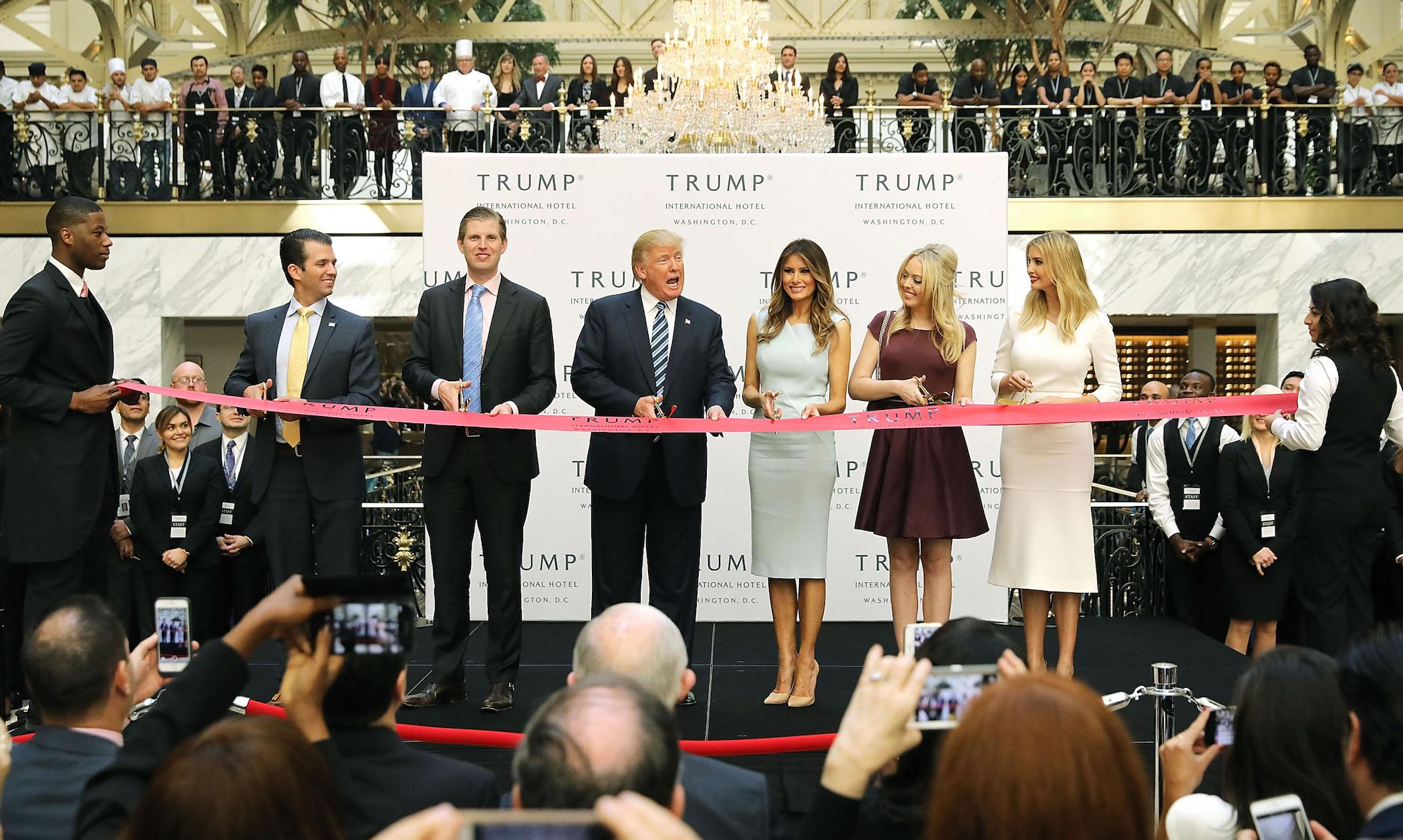Emoluments: What is the constitutional term Donald Trump's lawyer mentioned during his press conference
What is the Foreign Emoluments Clause?

Your support helps us to tell the story
From reproductive rights to climate change to Big Tech, The Independent is on the ground when the story is developing. Whether it's investigating the financials of Elon Musk's pro-Trump PAC or producing our latest documentary, 'The A Word', which shines a light on the American women fighting for reproductive rights, we know how important it is to parse out the facts from the messaging.
At such a critical moment in US history, we need reporters on the ground. Your donation allows us to keep sending journalists to speak to both sides of the story.
The Independent is trusted by Americans across the entire political spectrum. And unlike many other quality news outlets, we choose not to lock Americans out of our reporting and analysis with paywalls. We believe quality journalism should be available to everyone, paid for by those who can afford it.
Your support makes all the difference.Article I, Section 9 of the United States Constitution contains what is familiarly known as the Foreign Emoluments Clause, which prevents any “Person holding any Office of Profit or Trust under them, shall, without the Consent of the Congress, accept of any present, Emolument, Office, or Title, of any kind whatever, from any King, Prince, or foreign State.”
This clause was written by the Founding Fathers as a way to prevent foreign governments and powers from using money, gifts or other honor to corrupt the Office of the President’s loyalty to the US.
As it relates to the current President-elect, Donald Trump, the concern is that any time a foreign government or leader spends money at one of his businesses, that it could violate the Emoluments Clause. For example, shortly after the election it was reported that the Embassy of Bahrain switched its annual Bahrain National Day gala on December 7th to the Trump Hotel in Washington, DC.